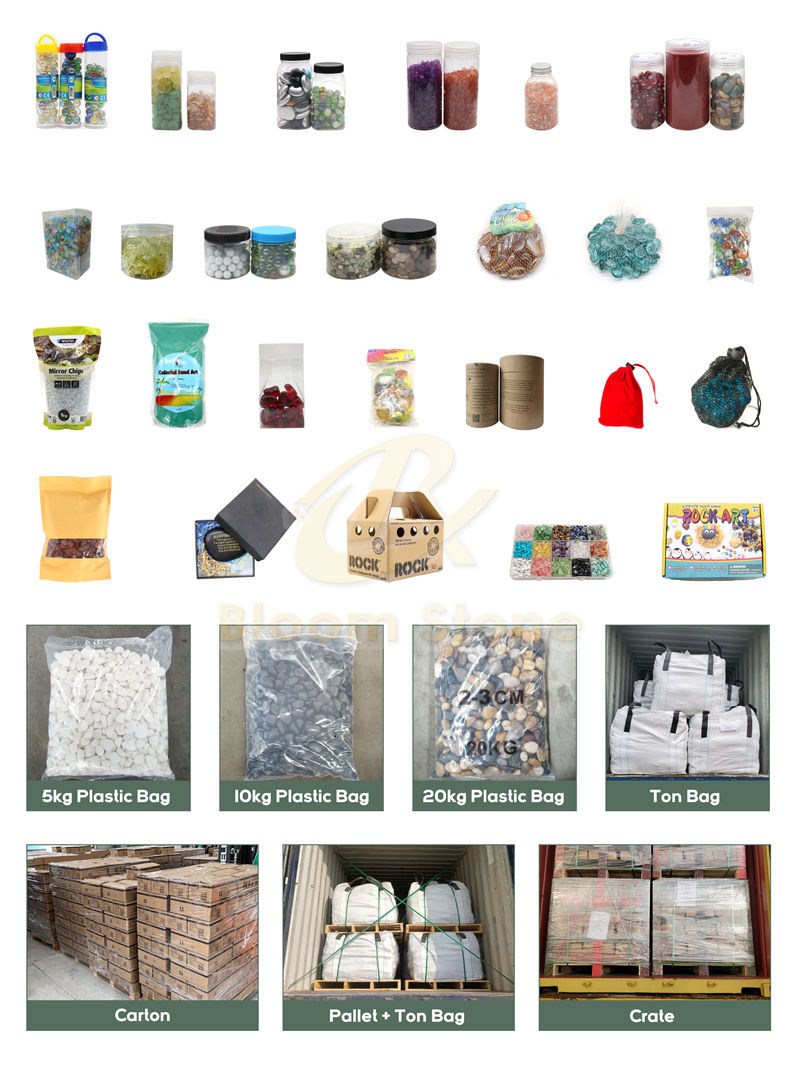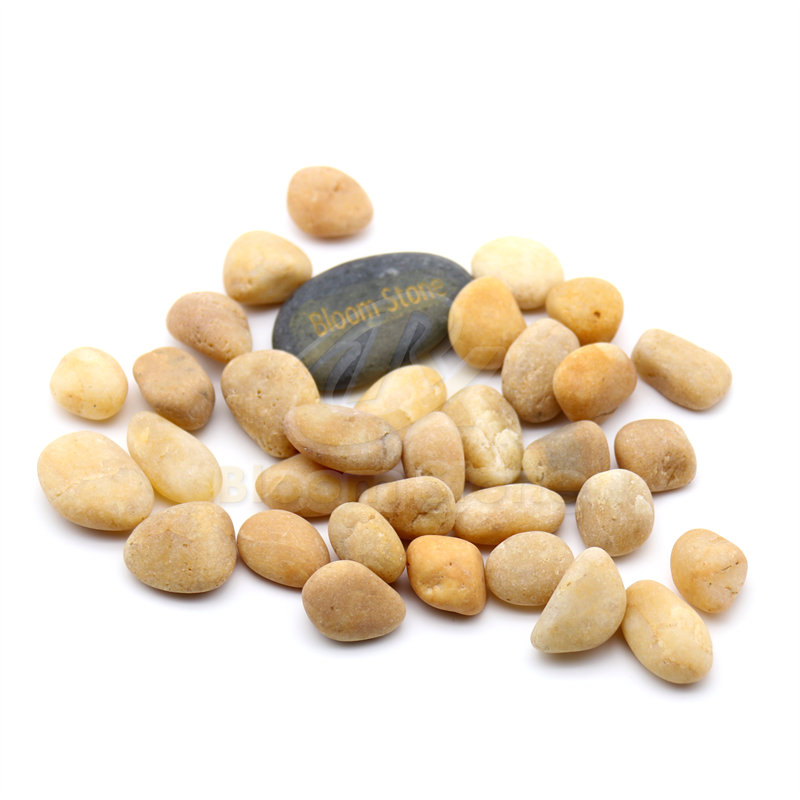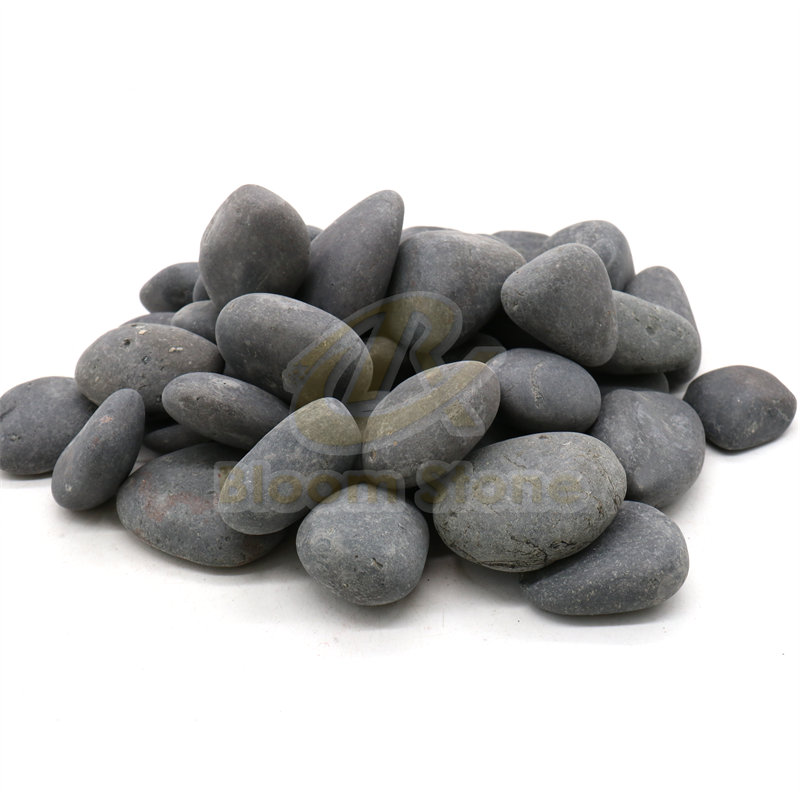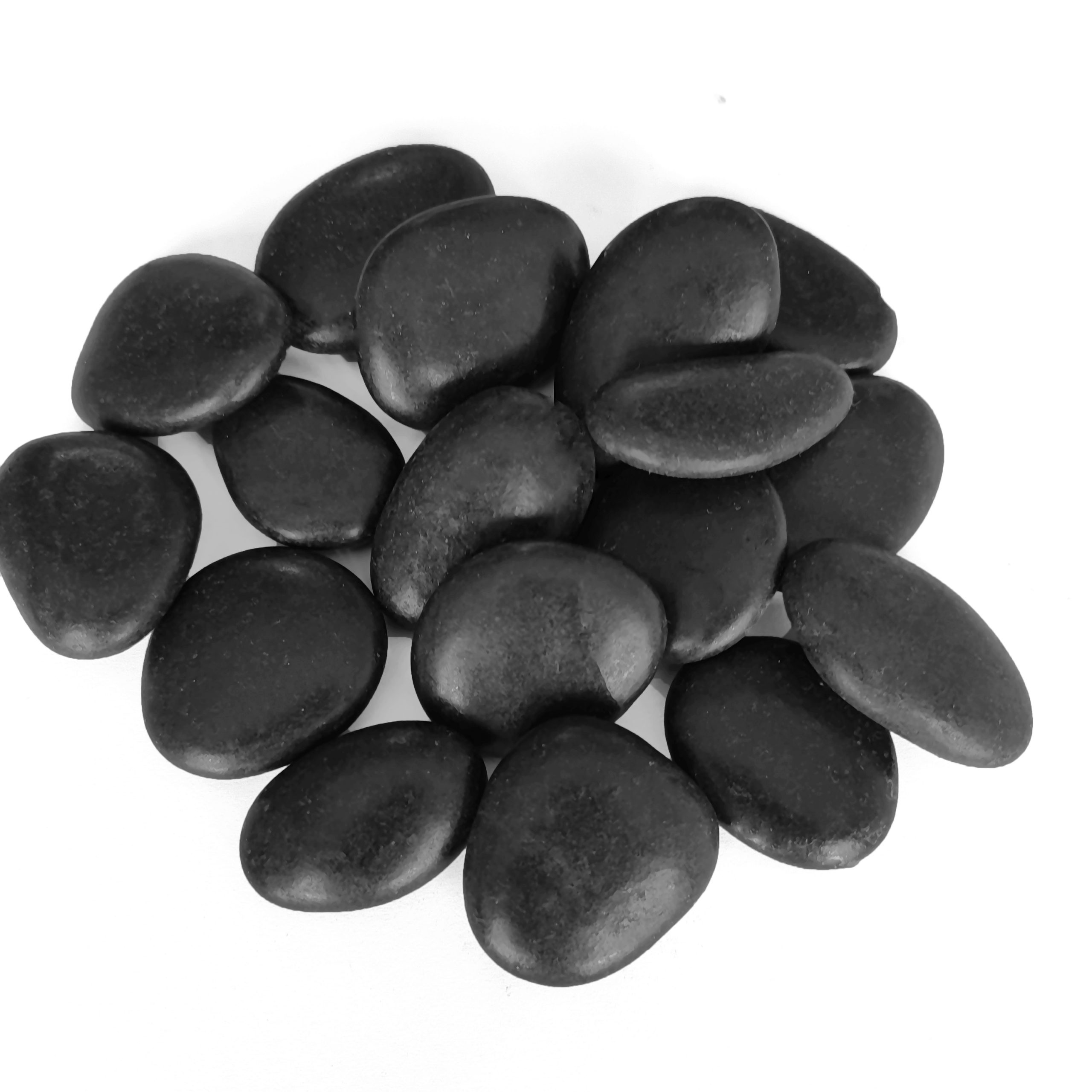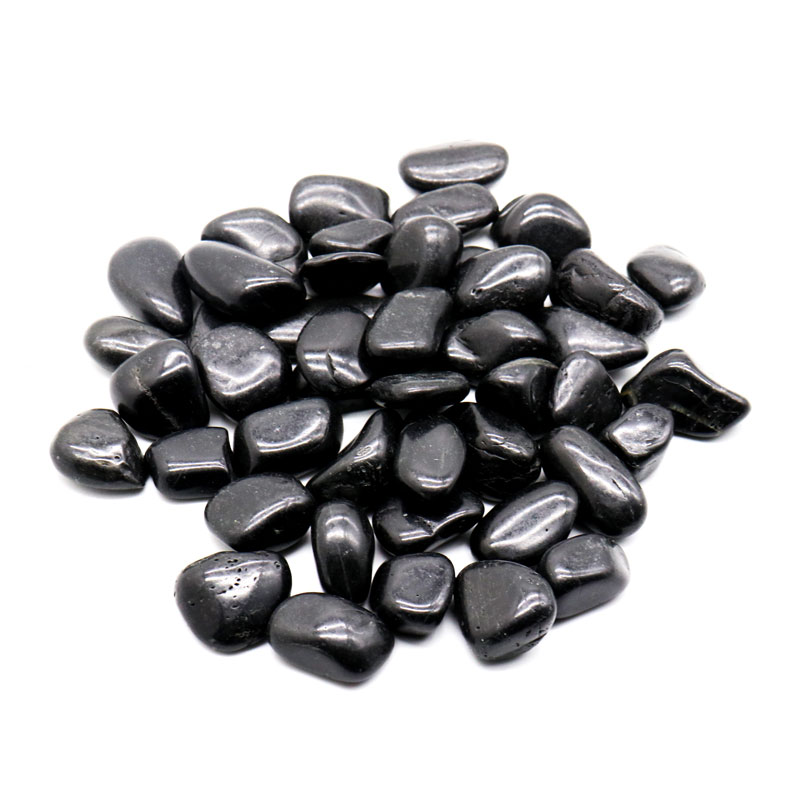What are the different types of river stone?
River stone is a term that refers to any kind of rock, gravel, or boulder that has been shaped and smoothed by water over time. These stones can be found in riverbeds, lakes, streams, beaches, and other places where water flows or collects. Landscaping with river stones can serve various purposes in landscaping, gardening, construction, and decoration. In this essay, we will explore the uses, types, and benefits of washed stone.
- What are the uses of river stone?
- What are the types of river stone?
- What are the benefits of river stone?
What are the uses of river stone?
River stones have many uses, depending on their size, shape, and color:
- Creating paths, patios, driveways, and edging with gravel or larger stones.
- Building walls, fences, fire pits, and water features with boulders or rocks.
- Filling planters, pots, and containers with pebbles or gravel for drainage and aesthetics.
- Mulching garden beds, borders, and slopes with gravel or stones to prevent erosion and weeds.
- Decorating indoor and outdoor spaces with stones of various colors and textures.
- Making crafts, jewelry, and art with pebbles or rocks.
What are the types of river stone?
River stones can be classified into different types based on their size, shape, and color. Some common types include:
- Pea gravel: small, round, and smooth stones that are usually tan, brown, or gray. They are ideal for use in paths, patios, driveways, and as mulch.
- Crushed stone: small, angular, and jagged stones that are usually white, gray, or black. They are good for drainage, as a base layer, and for edging.
- Washed stone: medium-sized, round, and smooth stones that are usually white, gray, or blue. They are suitable for use in water features, walls, and planters.
- River rock: large, round, and smooth stones that are usually brown, red, or green. They are perfect for use in fire pits, fences, and as decoration.
- Boulders: very large, irregular, and rough stones that are usually gray, black, or brown. They are great for use in walls, waterfalls, and as focal points.
What are the benefits of river stone?
River stone has many benefits for both the environment and people who use it. Some of these benefits include:
- Natural and durable: River stoneis formed naturally over millions of years and can withstand weathering, erosion, and pressure. It requires minimal maintenance and replacement.
- Versatile and attractive: River stonecomes in a variety of sizes, shapes, and colors that can suit any style or preference. It can create contrast, harmony, and interest in any space.
- Eco-friendly and economical: River stonecan help conserve water, reduce soil erosion, prevent weed growth, and provide habitat for wildlife. It can also be recycled and reused for different purposes.
River stone is a wonderful material that can be used for many purposes in landscaping, gardening, construction, and decoration. There are various types of river stones that differ in size, shape, and color. They can enhance the beauty, functionality, and value of any space. If you have a collection of river stones, it may be helpful to store them in a display case or container to protect them from dust and damage.
Packaging:
Our commitment to quality extends to our packaging solutions. Tumbled Snow White Pebble is available in a variety of packaging options tailored to your needs:
- Standard Packaging: Choose from 5kg, 10kg, 15kg, 20kg, and 25kg plastic bags or ton bags for bulk shipments, with the option to include pallets or wooden crates for added protection.
- Customized Packaging: Take advantage of our free design services to create custom-printed plastic bags and cardboard boxes that reflect your brand identity and enhance the presentation of our products.
